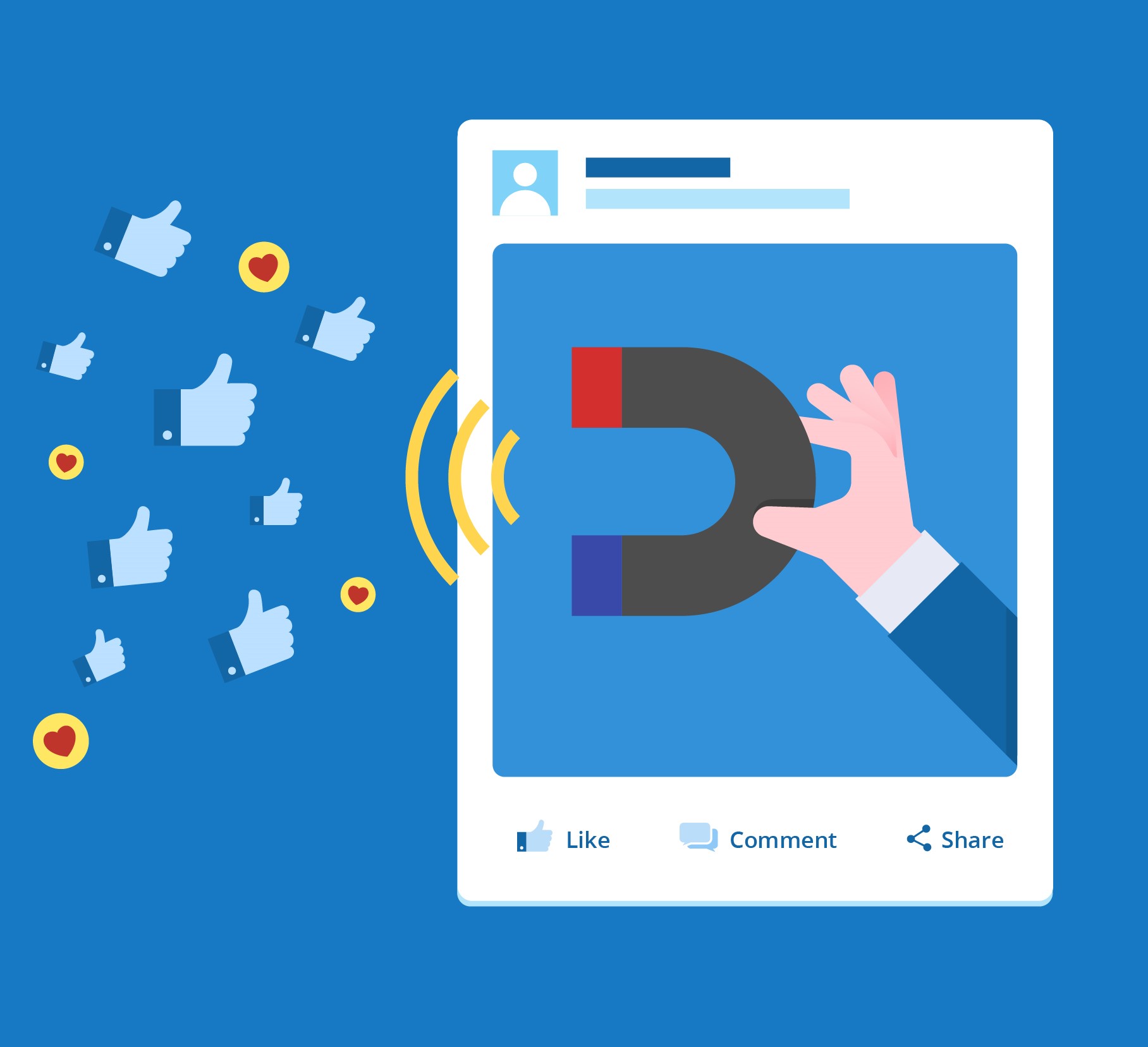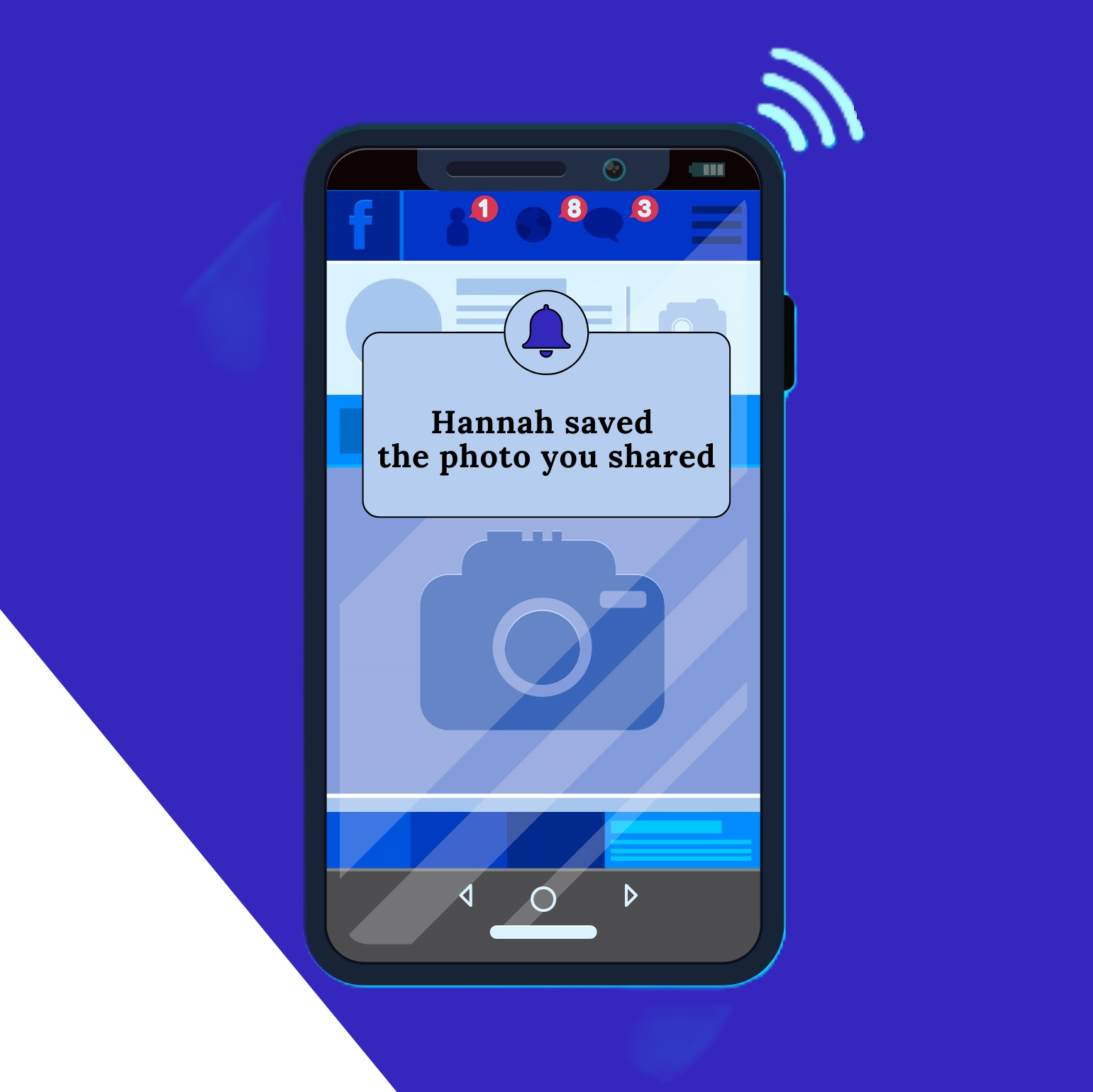- January 30, 2024
How Much Do Facebook Ads Cost: A Comprehensive Guide

Facebook advertising has become an integral part of many businesses’ marketing strategies. With over 3.7 million businesses running ad campaigns on the platform, it’s clear that Facebook is a popular choice for reaching potential customers.
However, one question that often arises is, “How much do Facebook ads cost?” In this comprehensive guide, we will go through the factors that determine Facebook ad costs, benchmark costs for different types of ads, and strategies to reduce costs without sacrificing results.
Understanding Facebook Ad Pricing
Before we dive into the specifics of Facebook ad costs, it’s important to understand how Facebook’s ad pricing works. Facebook uses an auction-style format, where advertisers specify their budget and Facebook automatically bids on each ad placement to get the best results within that budget.
The cost of Facebook ads can be influenced by various factors, including the industry you’re in, your competition, the time of year, your target audience, and the content of your ads. Let’s look at these factors in more details.
10 Factors That Affect Facebook Ad Cost
Understanding the factors that affect Facebook ad costs and making strategic choices about your ad campaign can help ensure you get the best possible results from your Facebook ads while keeping your costs under control. Here are 10 factors that affect your ads cost.
1. Audience Targeting
One of the key factors that affect Facebook ad cost is your audience targeting. Targeting a narrower audience generally leads to higher costs compared to a broader audience. While it may seem counterintuitive, micro-targeting your ads to reach your ideal customers can result in higher conversion rates and ultimately better returns on your investment.
2. Industry
The industry you operate in can significantly impact the cost of Facebook ads. More competitive industries, such as finance, tend to have higher ad costs compared to less competitive sectors. Ad costs can also vary within the same industry, depending on factors like product price and lead value.
As the industry grows, companies are also forced to elevate their respective gadgets; this poses another challenge for marketers, as they have to take into account updates that impact their Facebook ads.
3. Competition
The level of competition in your advertising space can affect the cost of Facebook ads. If you’re competing against larger, well-established brands with substantial ad budgets, you may experience higher costs. However, differentiating yourself from your competition through unique ad creatives and targeted campaigns can help reduce costs and improve your ROI.
4. Time of Year and Holidays
Timing is another crucial factor in determining Facebook ad costs. Ad costs can fluctuate during different seasons, holidays, or industry-specific events. For example, advertising costs tend to increase during the holiday season, such as Black Friday and Christmas, due to the higher number of advertisers vying for ad space.
5. Time of Day
The time of day can also impact Facebook ad costs. Bids tend to be lower from midnight to 6 am when there is typically less competition. However, the impact of time of day on ad costs may vary depending on your target audience and their browsing habits.
6. Location
Your location and the location of your target audience can influence Facebook ad costs. Reaching 1,000 people in the United States can cost significantly more than reaching the same number of people in other countries. Ad costs can vary widely across different countries.
7. Bidding Strategy
Facebook offers different bidding strategies, including lowest cost, highest value, cost cap, minimum return on ad spend (ROAS), and manual bidding. Choosing the right bidding strategy for your campaign can significantly impact your ad costs. Automated bidding strategies are often recommended for beginners, while manual bidding requires a deep understanding of your expected ROI and average conversion rates.
8. Ad Formats
The format of your Facebook ads can affect their cost. Different ad formats, such as video, image, or carousel, can have varying impacts on ad costs depending on their effectiveness in achieving your campaign objectives. Choosing the most suitable ad format for your goals can help optimize your ad costs. Similarly, content marketing pricing varies based on several factors, including the type of content needed (blog posts, videos, other infographics), the complexity of the content, the expertise required to produce it, and the frequency of publication.
9. Campaign Objective
Setting the correct campaign objective is crucial for controlling Facebook ad costs. Facebook offers different campaign objectives, such as impressions, reach, lead generation, conversions, and link clicks. Each objective has its own average cost per click (CPC) benchmark, and choosing the right objective for your campaign can help optimize your ad costs and overall performance.
10. Quality, Engagement, and Conversion Rankings
Facebook assigns quality scores to ads based on factors like relevance, engagement, and expected conversion rates. Ads with higher quality rankings are more likely to have a competitive bid, which can increase your chances of winning ad auctions. Regularly monitoring and optimizing your ad performance can help improve your quality scores and reduce ad costs.
Benchmark Costs for Facebook Ads
Now that we have a better understanding of the factors that influence Facebook ad costs, let’s take a look at some benchmark costs for different types of Facebook ads. It’s important to note that these costs are averages and can vary based on various factors, including the ones mentioned earlier.
Cost per Click (CPC)
The average cost per click (CPC) on Facebook can vary depending on the objective of your campaign. Here are some average CPC benchmarks for different campaign objectives:
- Awareness: $0.18
- Reach: $0.08
- Lead Generation: $1.16
- Conversions: $1.85
- Link Clicks: $0.52
It’s worth mentioning that these benchmarks are subject to change and may vary based on industry, competition, and other factors.
Cost per 1,000 Impressions (CPM)
The cost per 1,000 impressions (CPM) on Facebook can also vary depending on factors like audience targeting and campaign objective. On average, you can expect to pay around $10.00 for 1,000 impressions on Facebook.
Cost per Lead (CPL)
The average cost per lead (CPL) for Facebook ads is approximately $5.83. However, by refining your audience targeting and optimizing your campaigns, you can potentially reduce this cost significantly.
Strategies to Reduce Facebook Ad Costs
While Facebook ad costs can vary, there are strategies you can employ to reduce your costs without sacrificing results. Here are some key strategies to consider:
- Select the Right Campaign Objective: Choose the campaign objective that aligns with your goals and optimize your ads accordingly.
- Refine Audience Targeting: Narrow down your audience targeting to reach your ideal customers and improve ad relevance.
- Run Retargeting Campaigns: Use the Facebook pixel to run personalized retargeting campaigns, which can be more cost-effective in driving conversions.
- Make Your Campaigns Relevant: Use customer data to create highly relevant ad creatives and messaging that resonate with your target audience.
- Reduce Ad Frequency: Keep your ad frequency low to prevent ad fatigue and maintain audience engagement.
- A/B Test Ad Creatives and Placements: Experiment with different ad creatives and placements to find the most effective combinations for your audience.
- Focus on Post-Click Experiences: Ensure that your landing pages provide a seamless and user-friendly experience to maximize conversions.
By implementing these strategies and continuously optimizing your campaigns, you can achieve better results while reducing your Facebook ad costs.
The Bottom Line
In conclusion, Facebook ad costs can vary depending on several factors, including audience targeting, industry, competition, timing, bidding strategy, ad format, campaign objective, and quality rankings. By understanding these factors and implementing strategies to reduce costs, businesses can achieve better results and maximize their return on investment with Facebook advertising.
Remember to continuously monitor and optimize your campaigns based on data-driven decisions to ensure the best possible outcomes. With careful planning and execution, Facebook ads can be a valuable tool for businesses to reach and engage with their target audience effectively.
Frequently Asked Questions (FAQs)
How much do 1,000 Facebook ads cost?
The cost of 1,000 Facebook ads can vary depending on factors like audience targeting, campaign objective, industry, and competition. On average, you can expect to pay around $10.00 CPM for 1,000 impressions.
How much do Facebook ads cost per month?
The cost of Facebook ads per month can vary widely based on your ad budget, campaign objectives, and ad performance. It’s important to set a realistic budget and continuously monitor and optimize your campaigns to achieve your desired results within your budget.
Is $100 enough for Facebook ads?
While $100 can be a starting point for Facebook ads, the actual cost will depend on various factors, including your campaign objectives, audience targeting, industry, and competition. It’s important to set realistic expectations and continually assess and adjust your campaigns based on their performance.
Is $5 a day enough for Facebook ads?
Anyone can create a profitable Facebook ad campaign by spending only $5 per day. By running the ad consistently for a month, the total advertising budget will range between $150 and $155.
Is it worth paying for ads on Facebook?
Paying for ads on Facebook can be worth it for many businesses. Facebook offers a vast audience reach and powerful targeting options, allowing you to effectively reach and engage with your target audience. However, it’s essential to carefully plan and optimize your campaigns to maximize your return on investment.
Share it with your friends!
Explore
More
Ready to get started?
Harness the unmatched capabilities of ActionSprout to transform your Facebook strategy. Elevate engagement, captivate your audience, and achieve unparalleled results. Don’t wait – seize the opportunity.

